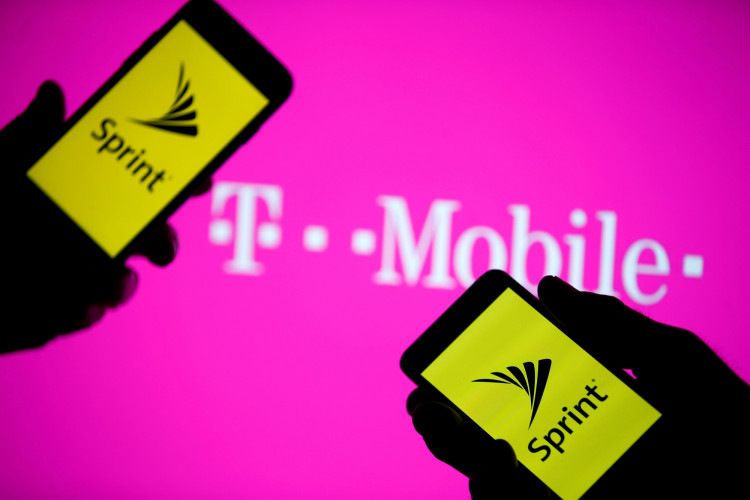After months of legal battles between multiple state attorneys general, T-Mobile announced that it has finally completed its $23 billion merger with Sprint Corp. The completion of the merger, which was announced on Wednesday, will make the combined company into the US' third-largest wireless provider, right behind Verizon Wireless and AT&T.
According to T-Mobile, the combined company will operate under its name and will trade on the NASDAQ under the ticker symbol TMUS. Under the deal, the combined company will be given access to high-band and low-band spectrums, which will allow it to immediately offer 5G services as part of the national rollout.
As part of the agreement, T-Mobile chief executive officer, John Legere, will be stepping down from his position effective immediately. Legere will remain with the company as part of the combined entity's board of directors. He will be replaced by T-Mobile's current president, Mike Sievert.
Following the announcement of the completed merger, T-Mobile's share prices surged by more than 2.34 percent on Wednesday.
The long-planned merger was met with legal and regulatory roadblocks as some had argued that a merger would be anticompetitive. The Federal Communications Commission had already signed off on the massive deal back in October of last year. FCC chairman, Ajit Pai, openly promoted the merger, stating that it would bolster the US' 5G capabilities.
In February, a federal judge had sided with T-Mobile, rejecting claims by a group of US states that the transaction would result in raised prices and that it violates current antitrust laws. T-Mobile repeatedly denied the claims stating that the merger would result in better services and lower prices for its consumers. After receiving federal approval, the deal was allowed to proceed even without a final decision from the California Public Utilities Commission.
The agency did issue a proposed decision to approve the transaction in March with some conditions. The CPUC is expected to make a final decision on the matter on April 16, but that will apparently no longer be necessary. However, both T-Mobile and Sprint announced that they will abide by any provisions set by the CPUC.
On the same day as T-Mobile's announcement, a federal judge in Washington had given court approval to the Justice Department's decision to green-light the transaction. As part of the approval, the combined companies were required to sell off some of their assets to Dish Network, making the latter the fourth-largest wireless provider.






